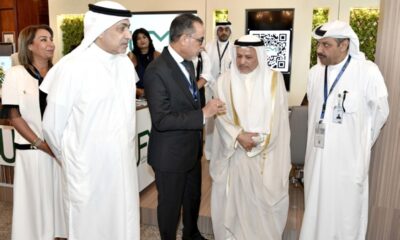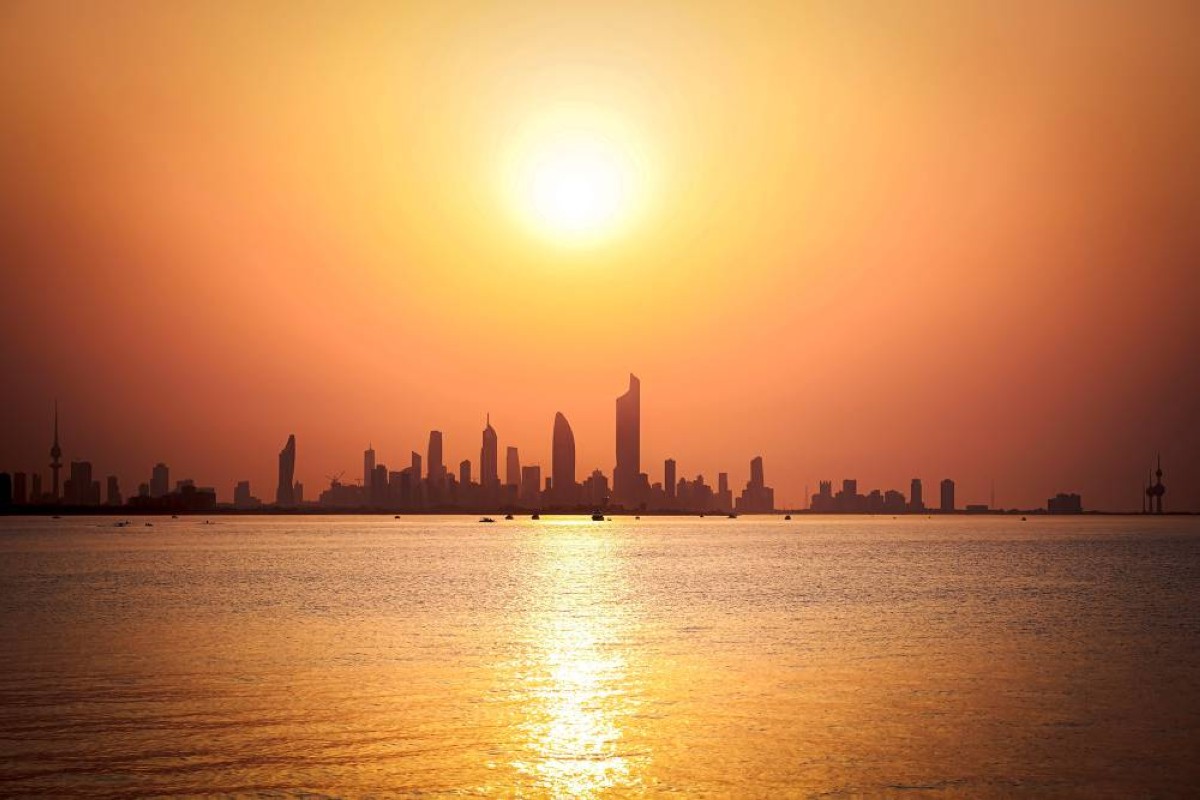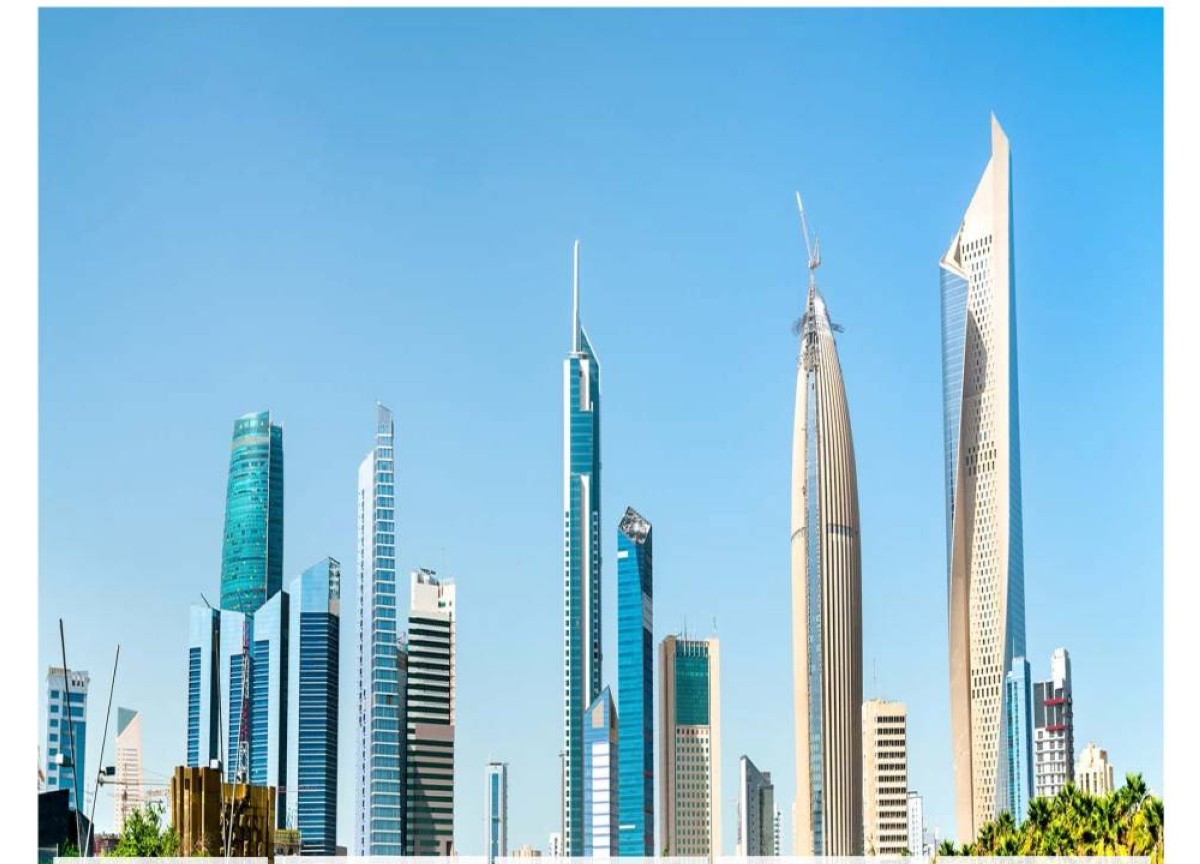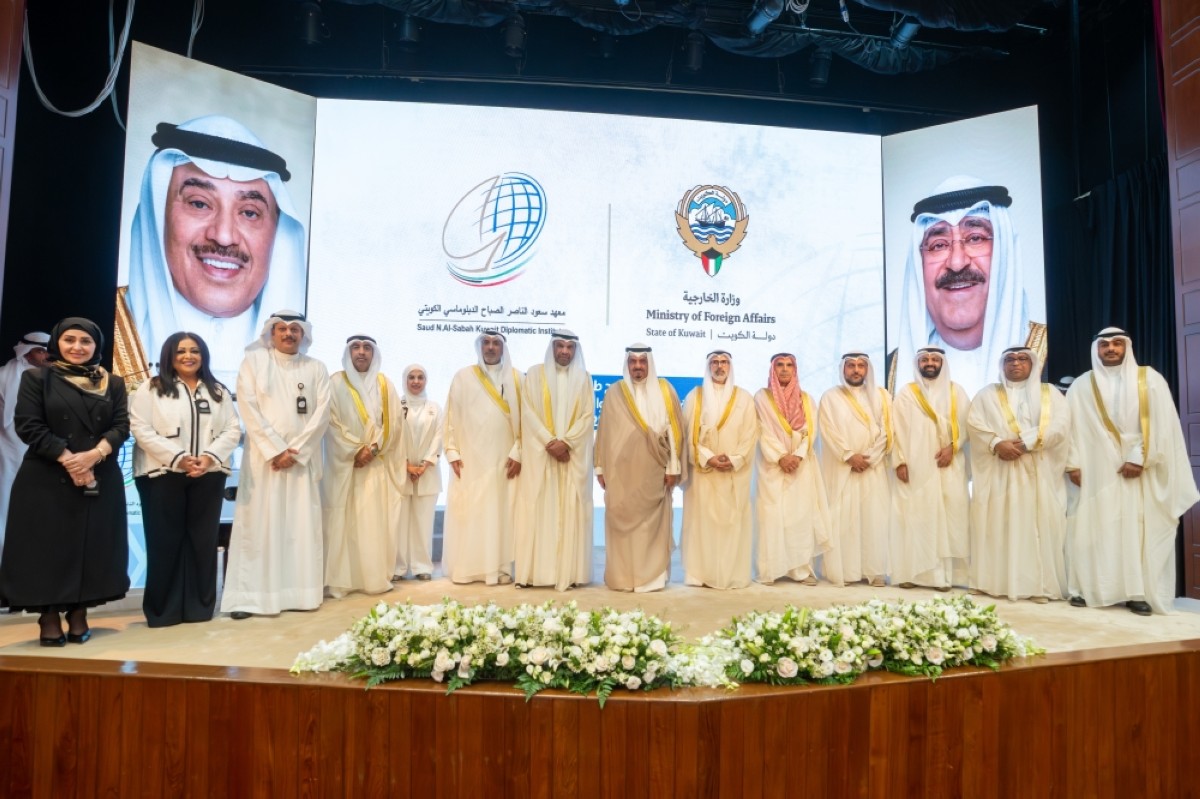KUWAIT: Kuwait News Agency (KUNA) marks its 49th anniversary on Monday, a milestone reflecting a distinguished journey of journalistic integrity, national responsibility and continuous evolution to meet demands of modern media and digital transformation. Established by Decree No. 70 on October 6, 1976, KUNA has consistently worked to solidify its position locally, regionally, and globally.
The agency has developed its news services, empowered national talent, and embraced forward-thinking initiatives to enhance its role as a trusted media platform. Driven by its mission as a national media institution, KUNA has dedicated itself to advancing Kuwait’s interests by highlighting its just causes, supporting its comprehensive development efforts, showcasing its humanitarian contributions, and commitment to regional and global stability. KUNA’s journey is rooted in a clear institutional vision outlined in its founding decree, which entrusted the agency with the responsibility of gathering and distributing accurate, unbiased news to counter misinformation and fill the regional news gap, while presenting facts to the global public with honesty and transparency.
The decree also authorized KUNA to produce commentary, articles, studies and reports in political, economic, social, cultural, financial, and commercial domains, and to disseminate this content to newspapers, magazines, radio and television stations, and other media outlets both inside and outside Kuwait. Following its establishment, KUNA began building the infrastructure to deliver its media message through partnerships with government entities, NGOs, and regional, and international media institutions.
In May 1977, KUNA collaborated with the Ministries of Communications and Information to install teleprinters for receiving news from Arab and international agencies, training staff to process and edit incoming reports. By March 1978, KUNA launched its local Arabic-language broadcast service with six hours a day, which expanded to 12 hours in June and 16 hours by October of the same year.
In November 1978, the agency began its Arabic-language international broadcast with three hours daily, gradually increasing to 12 hours. In November 1979, KUNA introduced a special bulletin for Kuwaiti embassies abroad, equipping them with the necessary equipment in coordination with the Ministry of Foreign Affairs. At the time, 38 embassies and consulates benefited from the service.In 1980, KUNA began broadcasting in the English language locally for four hours a day, increasing to eight hours by February 1981. International English-language broadcasts also expanded from three to four hours daily by January 1982. KUNA continued to enhance its services until the Iraqi invasion of Kuwait in August 1990, when its headquarters were looted and its equipment and archives were taken to Baghdad. Despite the devastation, KUNA’s national staff quickly resumed operations from abroad, broadcasting from its London office by October 1990. During the invasion and until Kuwait’s liberation in 1991, the agency published over 16,110 news items. After liberation, KUNA resumed operations from its main office in Kuwait on November 15, 1991, proudly announcing the country’s liberation in coordination with global media outlets. Its photographers played a key role in documenting the destruction caused by the occupation. KUNA launched a new phase in 1992 when it activated its network of foreign correspondents, managed by skilled national professionals, to cover major events and Kuwaiti activities worldwide.
That same year, the agency introduced an annual tradition of selecting a “Person of the Year,” an individual or entity recognized for promoting peace and serving humanity.In 1994, KUNA launched a telephone news service, through which a person could dial (120) to listen to local, regional and international news around the clock. To boost staff capabilities, KUNA established its Center for Development of Media Skills in 1995, offering training not only to agency employees but also to professionals in both public and private sectors, including media personnel from GCC countries.
On March 31, 1997, the late Minister of Information Sheikh Saud Nasser Al-Sabah inaugurated KUNA’s new headquarters in Shuwaikh Area, representing the late Amir Sheikh Jaber Al-Ahmad Al-Jaber Al-Sabah, ushering in a new era of growth. KUNA embraced digital advancements by launching its website, which in 2006 earned second place in the Sheikh Salem Al-Ali Al-Sabah Informatics Award for best government websites in Kuwait.
In 2010, the agency introduced the “KUNA Portal,” better known as “eKUNA,” a major step in digital transformation that streamlined administrative processes and reduced paper usage. In 2011, KUNA began sharing its Arabic and English news bulletins via social media, followed by a redesigned website in 2012 featuring expanded news services, photo archives, and informational resources.
KUNA also boosted its documentary content through specialized publications that highlight key events and figures, reinforcing its role as a historical and information reference. In 2014, the agency launched a quarterly magazine, Al-Dereesha (window) to highlight national events, heritage sites, development plans and future projects.That same year, KUNA debuted its children’s magazine, KUNA Al-Sagheer (Junior), coinciding with the start of the school year.
The publication aims to educate children about journalism, writing and storytelling, while nurturing young talent. In 2018, KUNA began broadcasting select news in French as part of its expansion strategy, alongside the second major update of its Arabic and English websites. KUNA has strengthened its international partnerships, joining the Organization of Asia-Pacific News Agencies (OANA) in 2000 and actively participating in the World Congress of News Agencies in Moscow in 2004. Regionally, KUNA plays a vital role in GCC news agencies? meetings, while also contributing to meetings of the Federation of Arab News Agencies (FANA). The agency has earned numerous accolades, including the 2016 award for Best Arab News Agency Operating in Lebanon from Al-Ra’ smali Al-Arabi newspaper, and the 2018 Sharjah Government Communication Award for Best Media Initiative in the GCC. In 2023, KUNA won first place in the Sheikh Salem Al-Ali Al-Sabah Informatics Award (23rd edition) for Best Social Media Account on the X platform among Kuwaiti ministries and agencies.
KUNA has further advanced its media innovation efforts by launching the region’s first AI-powered virtual news anchor (avatar), which delivers news using a blend of real human voice and video integrated with a digital persona through artificial intelligence applications.In August 2023, the agency inaugurated the KUNA Smart Oasis, a specialized hub for leveraging AI technologies to stay at the forefront of media innovation.
The initiative aims to enhance content quality, accelerate production and foster collaboration across KUNA’s departments.In February 2024, KUNA unveiled its new corporate identity, and in October of the same year, it continued embracing the concept of new media by launching its mobile news app, a pioneering step to expand the reach of its services, coinciding with the agency’s 48th anniversary. Additionally, the launch of the KUNA News Verification Observatory, or Marsad, last year marked a major leap in the agency’s mission. The observatory works in tandem with state institutions to support national and development goals by ensuring the public receives accurate, reliable information and by actively combating misinformation and fake news. — KUNA
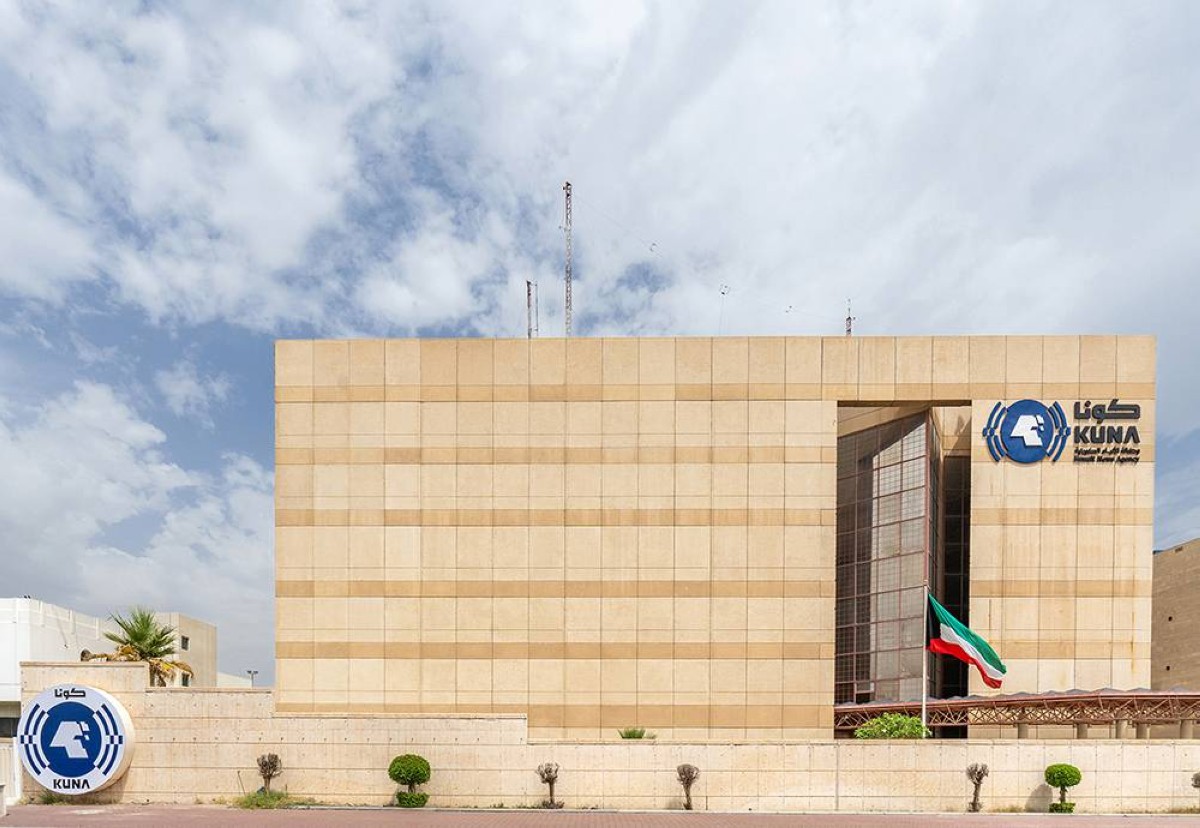

 Politics19 hours ago
Politics19 hours ago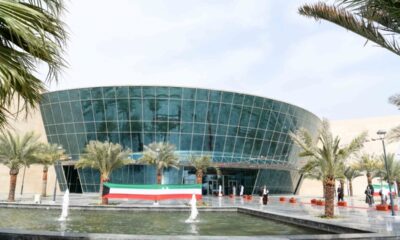
 Latest News18 hours ago
Latest News18 hours ago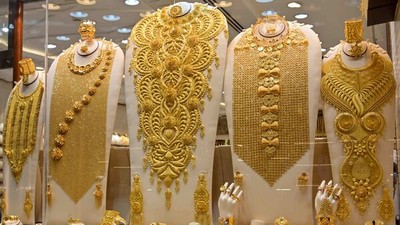
 Business23 hours ago
Business23 hours ago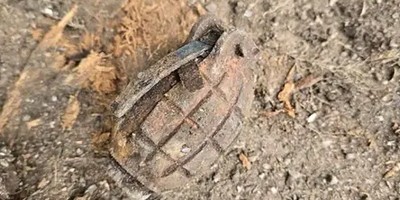
 Politics18 hours ago
Politics18 hours ago
 Business19 hours ago
Business19 hours ago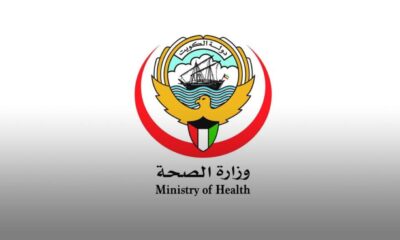
 Latest News16 hours ago
Latest News16 hours ago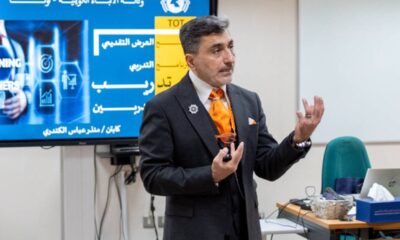
 Latest News22 hours ago
Latest News22 hours ago
 Politics16 hours ago
Politics16 hours ago




